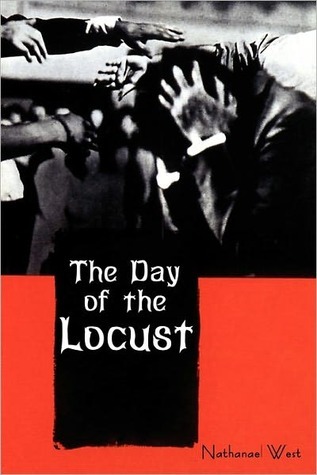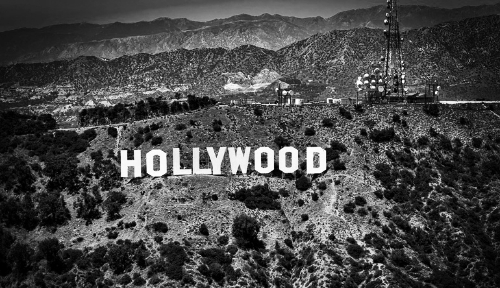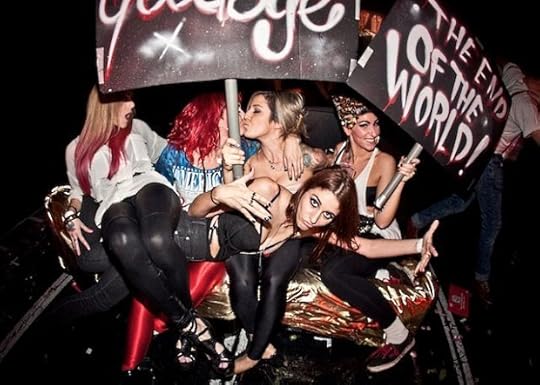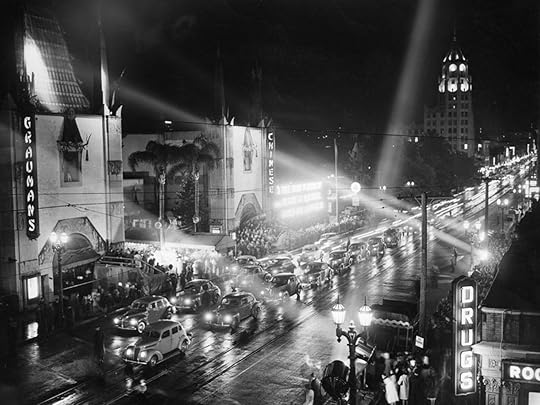What do you think?
Rate this book


156 pages, Paperback
First published January 1, 1939
She posed, quivering and balanced, on the doorstep and looked down at the two men in the patio. She was smiling, a subtle half-smile uncontaminated by thought. She looked just born, everything moist and fresh, volatile and perfumed.
Their boredom becomes more and more terrible. They realize that they’ve been tricked and burn with resentment. Every day of their lives they read the newspapers and went to the movies. Both fed them on lynchings, murder, sex crimes, explosions, wrecks, love nests, fires, miracles, revolutions, war. This daily diet made sophisticates of them.




"It was a mistake to think them harmless curiosity seekers. They were savage and bitter, especially the middle-aged and the old, and had been made so by boredom and disappointment... All their lives they had slaved at some kind of dull, heavy labor, behind desks and counters, in the fields and at tedious machines of all sorts, saving their pennies and dreaming of the leisure that would be theirs when they had enough."
They don't know what to do with their time. They haven't the mental equipment for leisure, the money nor the physical equipment for pleasure... Their boredom becomes more and more terrible. They realize that they've been tricked and burn with resentment... They have been cheated and betrayed. They have slaved and saved for nothing."
It is hard to laugh at the need for beauty and romance, no matter how tasteless, even horrible, the results of that need are. But it is easy to sigh. Few things are sadder than the truly monstrous.
“I'm going to be a star some day," she announced as though daring him to contradict her.
"I'm sure you..."
"It's my life. It's the only thing in the whole world that I want."
"It's good to know what you want. I used to be a bookkeeper in a hotel,
but..."
"If I'm not, I'll commit suicide.”
Only those who still have hope can benefit from tears. When they finish, they feel better. But to those without hope, whose anguish is basic and permanent, no good comes from crying. Nothing changes for them. They usually know this, but still can’t help crying.
Their boredom becomes more and more terrible. They realize that they’ve been tricked and burn with resentment. Every day of their lives they read the newspapers and went to the movies. Both fed them on lynchings, murder, sex crimes, explosions, wrecks, love nests, fires, miracles, revolutions, war. This daily diet made sophisticates of them. The sun is a joke. Oranges can’t titillate their jaded palates. Nothing can ever be violent enough to make taut their slack minds and bodies. They have been cheated and betrayed. They have slaved and saved for nothing.



